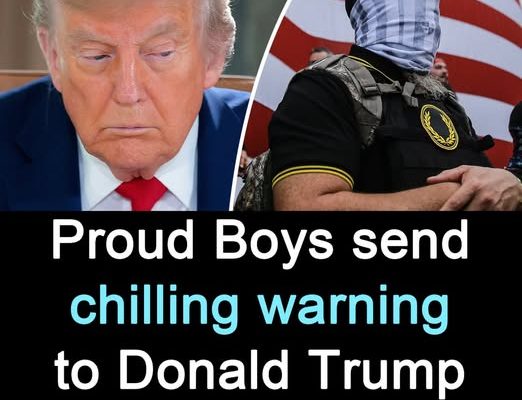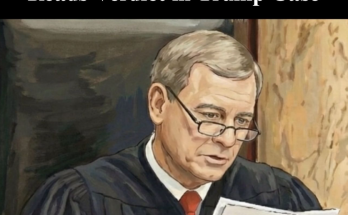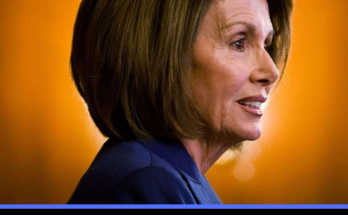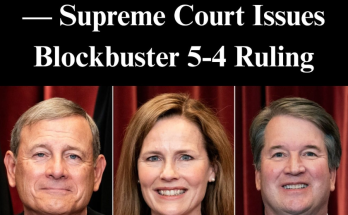The international response was prompt and polarized. Iran’s foreign minister denounced the airstrikes as unlawful and perilous, cautioning about “everlasting consequences” and invoking Iran’s entitlement to safeguard its sovereignty as per the UN Charter. The United Nations, along with China and the UK, called for restraint, highlighting the potential for further destabilization in the Middle East. Conversely, Israeli Prime Minister Benjamin Netanyahu expressed strong support for Trump, describing the airstrikes as a demonstration of “peace through strength.”
Domestically, the backlash emerged from an unforeseen source: the far-right Proud Boys. This group, recognized for its unwavering support of Trump, delivered a pointed criticism via social media, cautioning that ongoing involvement in the Iran-Israel conflict would result in the loss of their backing for Trump. They contended that the strikes are at odds with Trump’s “America First” commitment and condemned his pivot towards foreign engagements at the expense of domestic concerns.
The statement from the Proud Boys is noteworthy, given their previously steadfast allegiance. Their communication urged Trump to prioritize internal matters such as the national debt and economic downturn. This division indicates a rift within Trump’s support base, prompting inquiries about the sustainability of his coalition in light of changing policies.
As the circumstances develop, Trump is confronted with a dual challenge: justifying his actions on the international front while preserving loyalty among his political supporters. His approach to both fronts could influence not only the resolution of this crisis but also the direction of the 2028 election and the overall future of the Republican Party.



